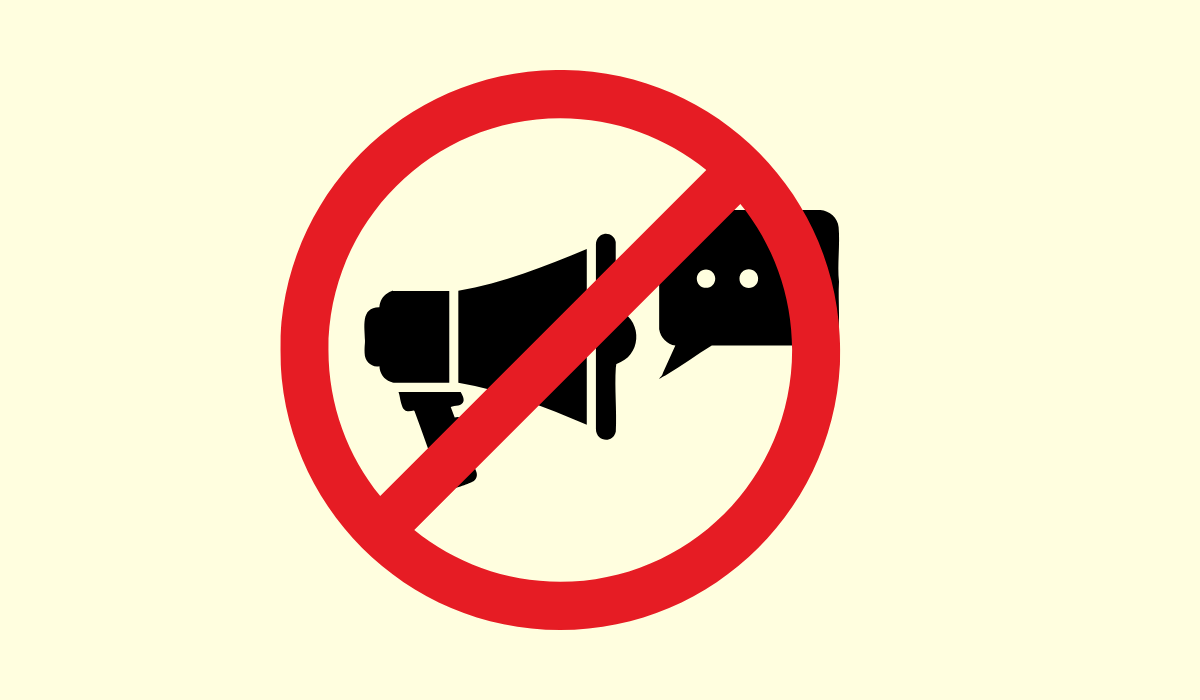Three months ago, your SMS campaigns hit 94% deliverability. Last month, 87%. This month, 81%.
The Continuing Relevance Of SMS marketing

The change in popularity of SMS marketing
SMS marketing, once hailed as a revolutionary way to reach customers, has experienced a rise and decline in popularity over the years. At its peak, businesses flocked to this form of marketing to engage with their audience directly on their mobile phones. However, as technology and consumer preferences evolved, SMS marketing faced challenges that led to its decline. This article will delve into the reasons behind the rise and fall of SMS marketing and explore whether it still holds relevance in today’s digital landscape.
The importance of clean SMS lists
For SMS marketing to be effective, maintaining a clean SMS list is crucial. A clean SMS list ensures that messages are delivered to the right recipients, minimizing the risk of wasting resources and annoying customers. Regularly updating and verifying contact information is essential to avoid sending messages to inactive or incorrect numbers.
To maintain a clean SMS list, businesses should implement a double opt-in process. This involves confirming the recipient’s desire to receive SMS messages by sending a verification code or confirmation link. Additionally, providing an easy opt-out option allows recipients to unsubscribe if they no longer wish to receive messages. By adhering to these practices, businesses can ensure that their SMS marketing efforts are targeted and well-received.
SMS marketing regulations and compliance
As with any form of marketing, SMS marketing is subject to regulations and compliance requirements to protect consumers’ privacy and prevent spam. In many countries, businesses are required to obtain explicit consent from recipients before sending them SMS messages. This opt-in process ensures that recipients have willingly agreed to receive promotional content.
Additionally, businesses must provide a clear and easy opt-out option in each message, allowing recipients to unsubscribe at any time. Complying with these regulations not only helps businesses avoid legal repercussions but also fosters trust and credibility with their customers.
Alternatives to SMS marketing
While SMS marketing still offers benefits, businesses should also explore alternative marketing channels to diversify their strategies and reach a wider audience. One such alternative is mobile app push notifications. With the increasing popularity of mobile apps, push notifications allow businesses to engage with their customers directly on their devices. These notifications can be personalized, timely, and interactive, making them a powerful tool for customer engagement.
Another alternative is social media marketing. Platforms like Facebook, Instagram, and Twitter provide businesses with the opportunity to reach a large audience and engage with them through targeted ads, organic posts, and direct messaging. Social media platforms offer a range of features and targeting options that can help businesses tailor their messages to specific demographics or interests.
Exploring the pros and cons of SMS marketing
SMS marketing, like any marketing strategy, has its pros and cons that businesses should consider before implementing it. On the positive side, SMS marketing offers high open rates, direct engagement with customers, and a personal touch. It is also a cost-effective option compared to traditional marketing channels.
However, SMS marketing has limitations. The character limit restricts the amount of information that can be conveyed, making it challenging to provide detailed content or complex offers. Additionally, the potential for message fatigue or annoyance exists if businesses overuse or misuse SMS marketing. Balancing the frequency and relevance of messages is crucial to maintain a positive customer experience.
Is SMS marketing still relevant?
In conclusion, while SMS marketing has experienced a decline in popularity, it still holds relevance in today’s digital landscape. The high open rates, simplicity, and personal touch of SMS marketing make it a valuable tool for businesses to engage with their customers directly. However, businesses should also explore alternative marketing channels to diversify their strategies and reach a wider audience.
By following best practices, maintaining clean SMS lists, and complying with regulations, businesses can optimize their SMS marketing efforts and maximize their impact. Case studies of successful campaigns demonstrate the effectiveness of SMS marketing when implemented strategically and thoughtfully. Therefore, businesses should consider SMS marketing as part of their overall marketing strategy while also exploring other channels to stay ahead in the ever-evolving digital marketing landscape.
More Articles


SMS Marketing, SMS, sms carrier, tcpa
Why SMS Marketing Might Be Dead in 5 Years—If Carriers Keep This Up
For over a decade, SMS marketing has been the bedrock of mobile engagement. With open rates often cited above 95% and near-universal device compatibility, it seemed indestructible. Yet today, industry insiders are sounding the...

SMS, sms carrier, tcpa, tcpa restrictions
Are SMS Compliance Rules Silencing Free Speech in Marketing?
Few marketing channels are as tightly controlled — yet so widely used — as SMS. Behind every promotional text lies an invisible gauntlet of carrier rules, algorithmic filters, and registration barriers. Most recipients never...